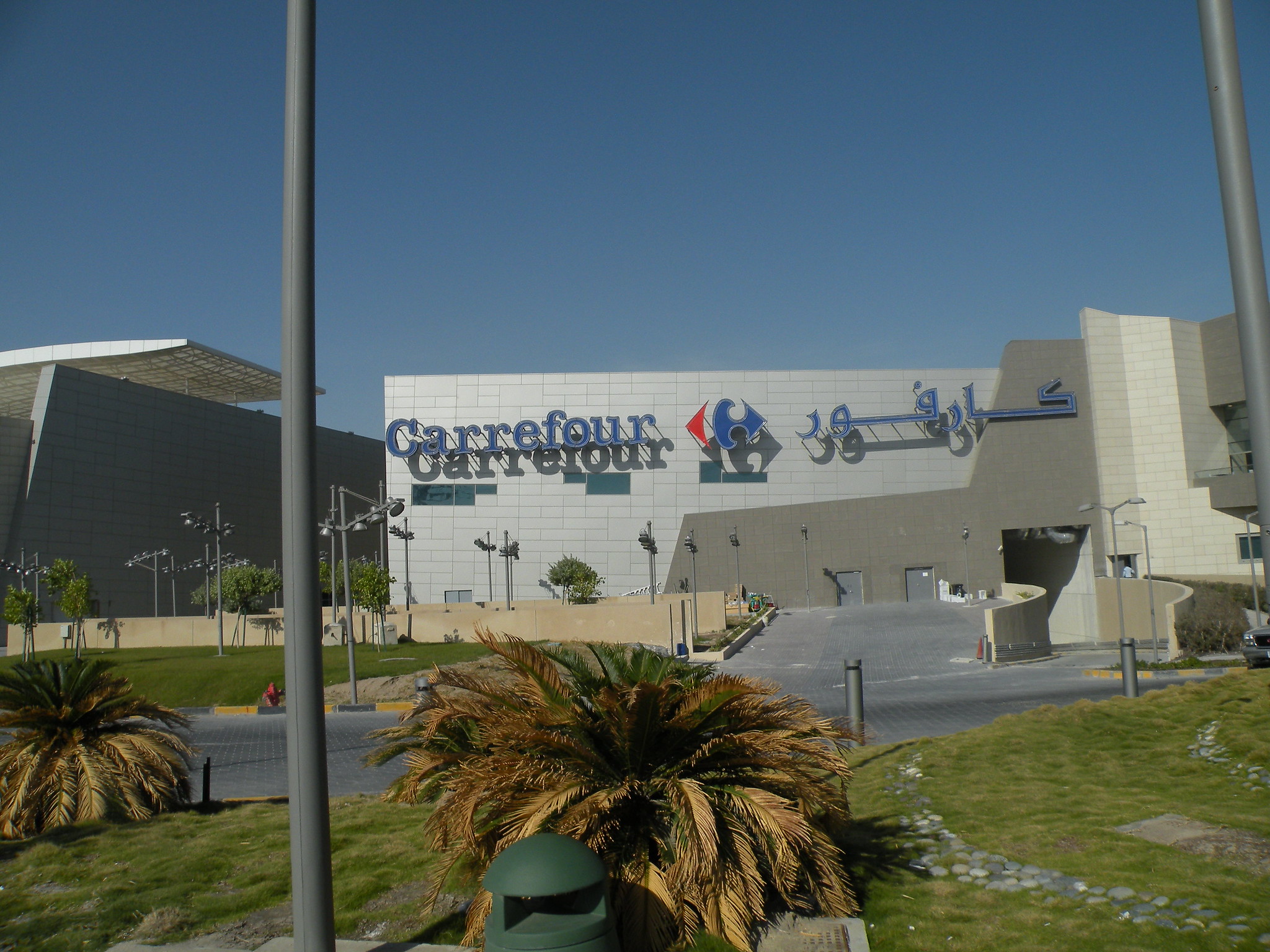
Nadine Osman
The Carrefour brand, one of the world’s largest retail chains, has been removed from supermarkets across several Arab countries. Pro-Palestinian activists are claiming this as a significant victory for their boycott against companies with perceived links to Israel. The boycott movement has long targeted the French multinational, alleging it sells goods from Israeli settlements and partners with firms in occupied territories.
Carrefour Group has consistently contested these claims, denying it operates in settlements in the occupied West Bank, which are considered illegal under international law. However, over the past year, Majid Al Futtaim (MAF), the Emirati holder of Carrefour’s Middle East franchise, has shuttered its branded supermarkets in Jordan, Oman, Kuwait, and Bahrain, reopening them under the locally owned brand ‘HyperMax’.
MAF cited “growing demand for locally sourced products and services” as the reason, without explicitly linking the rebranding to the boycott campaigns. This has led to divided opinions among experts regarding the primary motive behind the strategic shift.
Despite this, pro-Palestinian consumers have declared the move a triumph. Huda Ahmed, a 45-year-old mother of three from Manama, Bahrain, noted that she visited the newly named HyperMax store for the first time in nearly two years.
“I am glad they listened to their customers and disengaged from the Carrefour brand. Things cannot continue as usual with a genocide on our doorstep,” she told AFP. “We still ensure we avoid products on the boycott lists… but the company deserves credit for making the move.”
The Boycott, Divestment, Sanctions (BDS) campaign has accused Carrefour of profiting from Israel’s settlements through its franchise partnership with Electra Consumer Products, an Israeli retailer whose subsidiary, Yenot Bitan, operates stores within those settlements. The campaign has also alleged that Carrefour-Israel provided support packages to Israeli soldiers. Alexandre Bompard, the Chief Executive of Carrefour Group, has previously stated that the company has no stores in West Bank settlements and maintains no partisan or political ties.
The Israeli government, meanwhile, characterises the BDS movement as antisemitic. In Bahrain, which maintains diplomatic relations with Israel, public sentiment has been reflected in weekly protests for Gaza. An anonymous HyperMax employee in the country observed that footfall declined markedly after the onset of the war in Gaza, but has since improved following the rebrand, particularly among Bahraini and Arab customers.
Analysts suggest the decision may be part of a wider strategic shift. M.R Raghu of the Marmore Mena Intelligence consulting firm noted the closures align with a “broader scaling down of operations by the retailer, amid weakening financial health” globally.
Notably, Majid Al Futtaim has retained the Carrefour franchise in other markets, including the region’s largest economies, Saudi Arabia and the UAE. Nevertheless, the group’s retail revenue fell 10% last year after a 4% decline in 2023, with the company citing ‘geopolitical tensions’ as a factor. Justin Alexander, Director of the consulting firm Khalij Economics, commented, “Consumer demand is currently strong and growing across the Gulf. The fact that the regional franchise holder has been rebranding many Carrefour stores as HyperMax does seem to imply a link to boycott-related brand concerns.”
For activists like Musab al-Otaibi in Kuwait, boycotts remain a vital tool for public expression. Dr Bader al-Saif, an assistant professor at Kuwait University, reflected that the Carrefour case is “a microcosm of a bigger story,” demonstrating that public opinion in the Gulf can influence corporate strategy, even within politically constrained environments.
Photo: A Carrefour supermarket in Avenues Mall, Farwaniya, Kuwait, before being rebranded as HyperMax amid regional boycotts of companies linked to Israel. (Credit: Samira Akil Zaman/Flickr CC)